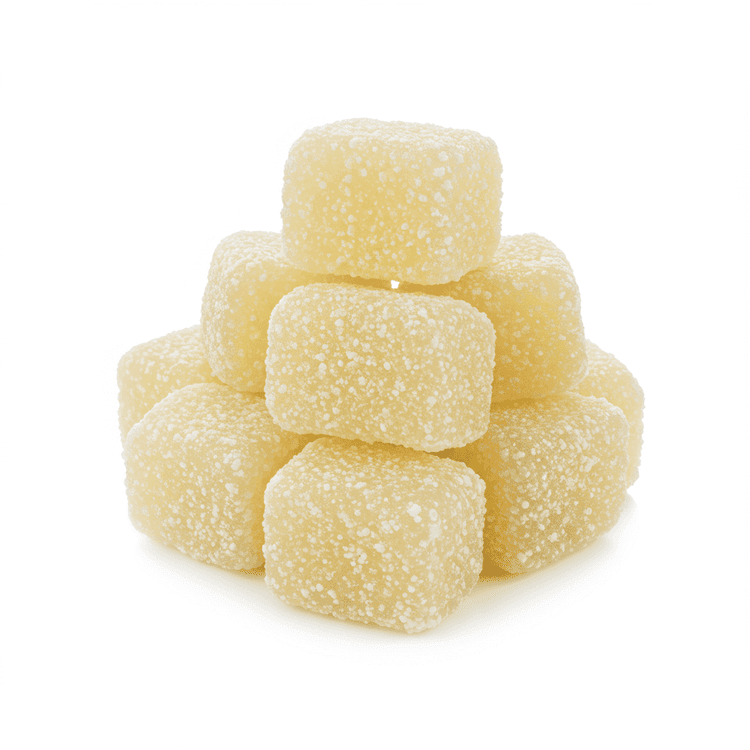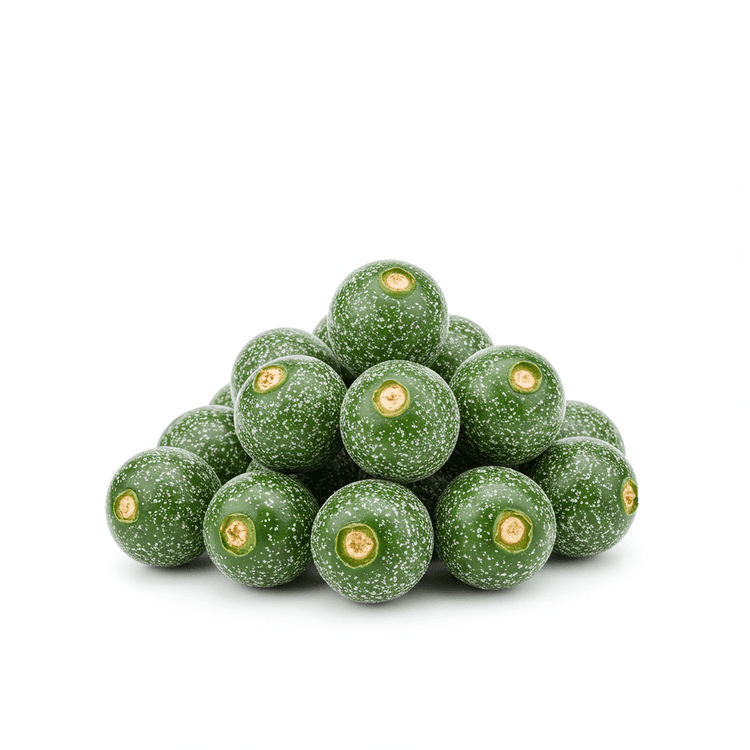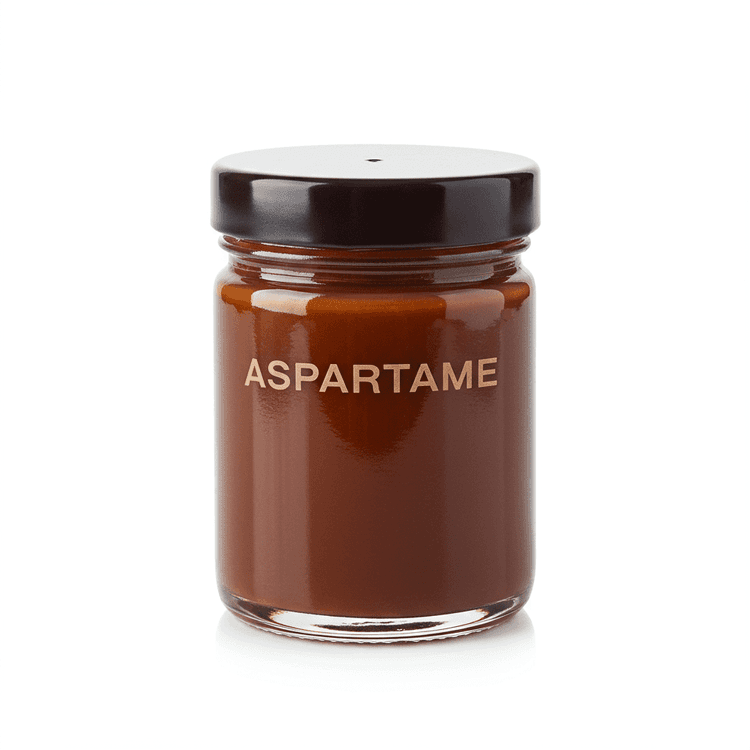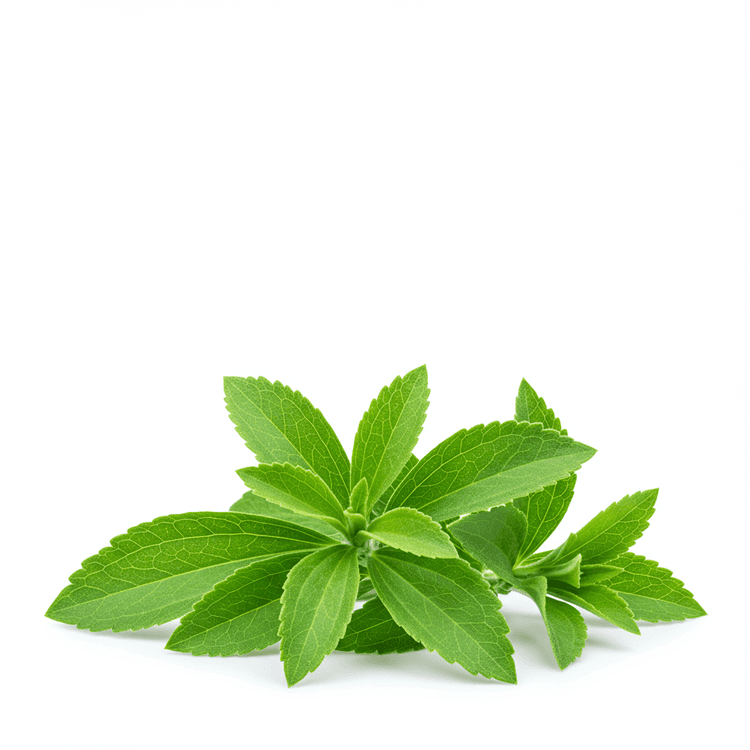
Saccharin
Saccharin is an artificial sweetener, approximately 300-400 times sweeter than sucrose (table sugar). It appears as a white crystalline powder and has no calories. Saccharin offers an intensely sweet taste, often with a slightly metallic or bitter aftertaste, especially at higher concentrations. While heat stable, saccharin is primarily used as a sugar substitute in beverages, baked goods, candies, and various processed foods, providing sweetness without contributing to carbohydrate or sugar intake. It's a popular choice for individuals managing diabetes or those seeking low-calorie alternatives.
Common Uses
- As a zero-calorie sugar substitute for sweetening beverages like coffee, tea, and diet sodas, saccharin helps individuals reduce their caloric intake from added sugars.
- Used in the production of diet and sugar-free baked goods, saccharin provides sweetness without adding carbohydrates, making these products suitable for people with diabetes or those following low-carb diets.
- Incorporated into sugar-free candies, jams, and jellies, saccharin allows for the creation of sweet treats that are low in calories and carbohydrates.
- Employed as a sweetener in certain pharmaceutical products, such as liquid medications and chewable tablets, to improve palatability without affecting blood sugar levels.
- Sometimes used in tabletop sweetener packets for individual use, saccharin offers a convenient and portable option for adding sweetness to foods and drinks while controlling caloric intake.
Health Benefits
- May assist in weight management by providing a sugar-free alternative.
- Suitable for individuals managing blood sugar levels, as it doesn't impact glucose.
- Calorie-free sweetener option for those looking to reduce caloric intake.
- Does not contribute to tooth decay, unlike sugar.
- Can be used in baking and cooking, offering a low-calorie sweetening solution.
Chefadora AI is here.
Experience smarter, stress-free cooking.
Storage Tips
Saccharin, being a stable artificial sweetener, should be stored in a cool, dry place away from direct sunlight and heat. Keep the container tightly sealed to prevent moisture absorption and maintain its consistency. Properly stored saccharin can last for several years without significant degradation.
Marnirni-apinthi Building, Lot Fourteen,
North Terrace, Adelaide, South Australia, 5000
Australia



